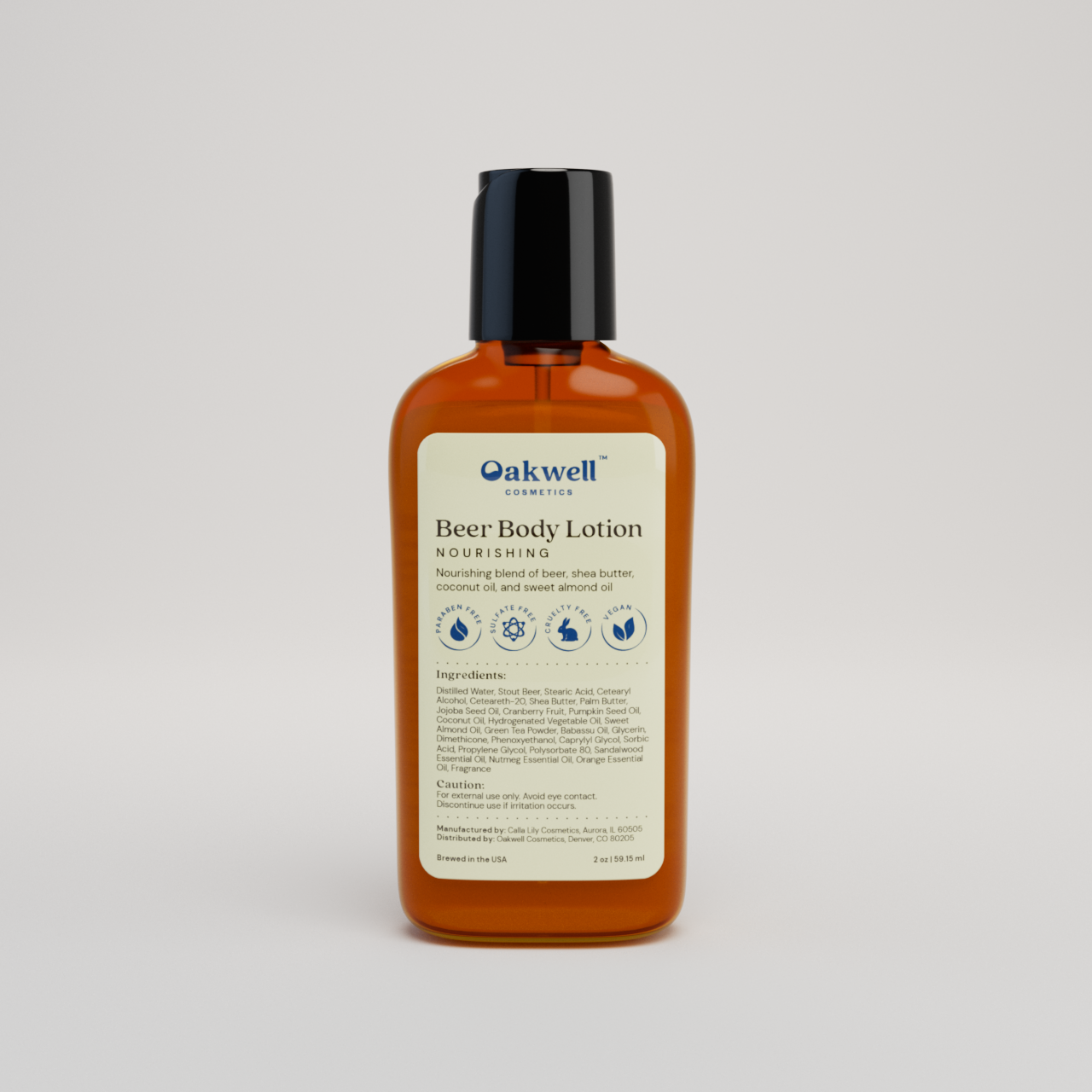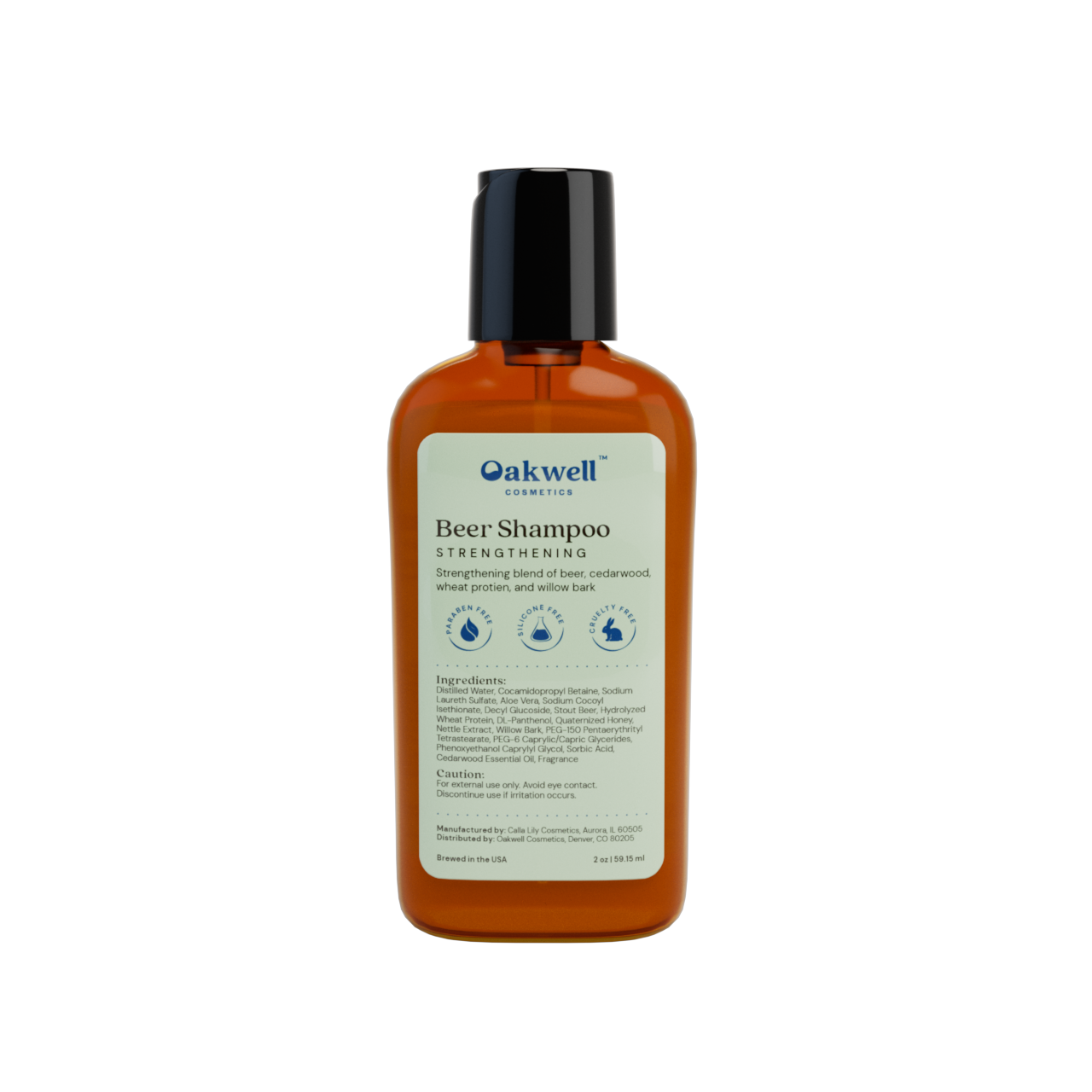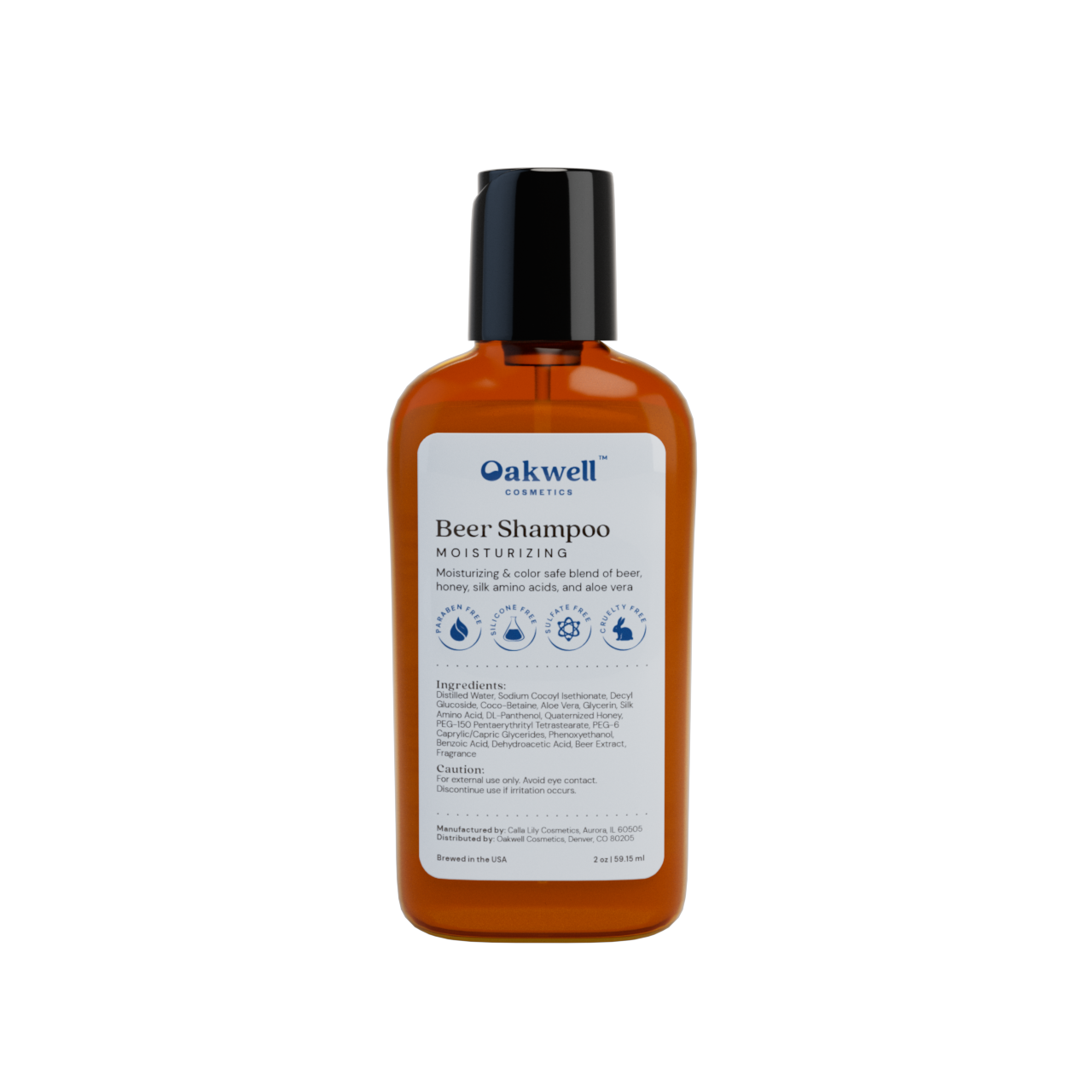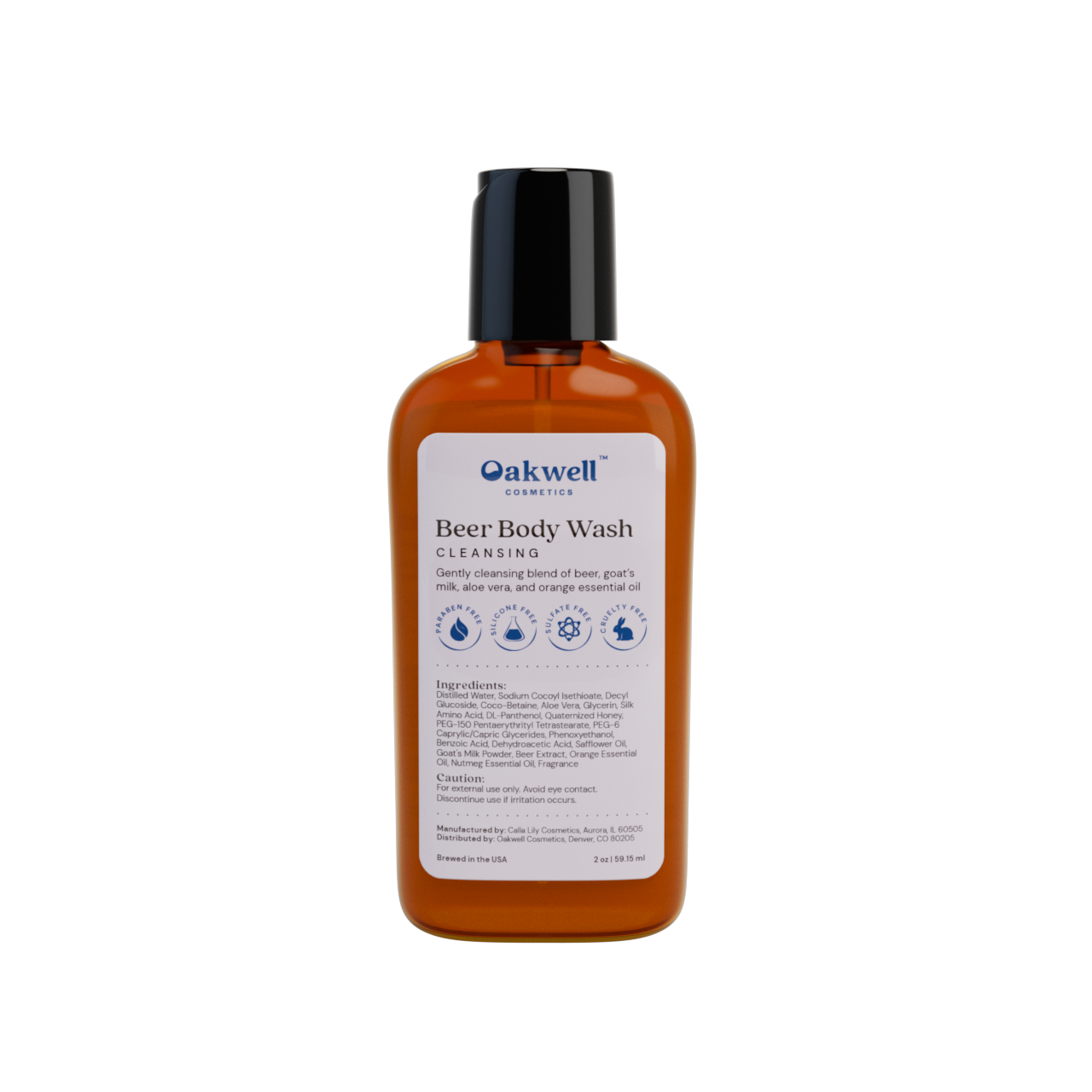A Self-Care Night: Relaxing Ideas for a Night In

Are you craving a rejuvenating evening in or looking for ways to tie self-care into your nightly routine? In this article, we'll share relaxing self-care night ideas with insights from health and wellness professionals.
Self-care is crucial in the evening because it helps you transition from the high-paced demands of the day to a state of rest and recovery, explains Martha Tara Lee, D.H.S., M.A., M.A., B.A., Relationship Counselor & Clinical Sexologist at Eros Coaching.
Below, we’ll discuss ideas for self-care and practical tips for making time for yourself.
What is self-care?
“Self-care is deliberately carving out time to tend to your own mental, emotional, and physical needs,” says Lee.
Kristie Tse, LMHC and Founder of Uncover Mental Health Counseling, explains that self-care can include a wide range of activities that support your overall well-being, such as reading, meditating, or spending time outdoors. Any practice that helps you care for yourself and feel good can be considered self-care.
Why is a self-care night important?
Practicing self-care at night lets you unwind and set the tone for restful sleep, which can help your cognitive function and emotional balance, says Lee. Regular self-care routines can also help improve your overall mental and physical health.
Sumarie Engelbrecht, Founder and Registered Counselor at Wholistic Mental Health Care, also points out that self-care activities can help you recharge and disconnect from daily stressors. This can lead to more restful sleep and improved interactions with others in your daily life.
How to Make Time for Self-Care at Night
Do you brush off self-care due to a lack of time? If so, you aren’t alone, but there are practical strategies that can help you overcome this.
Make it part of your routine
“Self-care doesn't have to be a separate task,” says Lee. “Incorporate relaxing activities into what you're already doing, such as listening to calming music during your commute home or practicing mindfulness while preparing dinner.”
Once your routine becomes a habit, it’s easier to stick to, says Engelbrecht.
Prioritize it in your schedule
If you leave self-care to chance, it likely won’t happen.
“Just as you schedule meetings and appointments, block out time for self-care,” suggests Lee. “This might mean setting aside 20 minutes before bed to read a book or meditate.”

Set boundaries
Lee recommends saying no to additional commitments that take away from your downtime. Consider which tasks you must commit to and ones you can say no to in order to protect time for yourself.
Tse also suggests setting clear boundaries in your schedule and treating this time as a non-negotiable appointment. For example, end your workday or start your nightly routine at a specific time.
Start small
"Start with small, achievable goals," says Tse. "Even spending 30 minutes each night to unwind can significantly affect your well-being."
Consider starting with a 10-minute practice, such as reading, journaling, or enjoying a quiet cup of tea. Then, increase that time if possible.
Digital detox
Reduce your time scrolling on social media or watching TV in the evenings. This will give you more time for self-care activities.
According to Lee, reducing screen time, particularly in the hour before bed, can also help prevent overstimulation that disrupts sleep quality.
Ask for help
“If you find it difficult to prioritize self-care, ask for help,” suggests Engelbrecht.
Let your partner, roommate, or family member know you want to take better care of yourself and ask them to remind you to make time for self-care.
You can also include them in your routine, where they meditate, read, or do another practice with you.

Relaxing Self-Care Night Ideas
“Before choosing self-care activities, it's important to figure out what your goal is,” says Grace Huntley, Licensed Mental Health Counselor at Grace Huntley Counseling.
Huntley explains that self-care is different for everyone. It’s best to choose practices that feel good for you, whether you need to relax, be more present, or feel more fulfilled.
Below, we’ll share the best self-care ideas for a relaxing evening or your nightly routine.
End-of-day ritual
An end-of-day ritual signifies the start of your evening and wind-down time.
“As someone who works remotely from home and spends a lot of time on my computer, I've found it extremely important to mark the end of my workday,” says Huntley.
Whether you work from home or not, identify an action that can act as your end-of-day ritual. For example, shut down your computer or change into relaxing clothes.
Skincare routine
Engelbrecht suggests following a skincare routine in the evening to show yourself love. This not only supports good skin health, but it can also be relaxing.
Your skincare routine can be as simple or extravagant as you’d like. A quick cleansing and moisturizing habit might be best for your nightly practice, but you could take it up a notch with a face mask on a special self-care night.
Journaling
Lee and Engelbrecht suggest journaling to relax in the evening.
According to Lee, journaling helps you organize your thoughts, reduce stress, and understand your emotions, which can improve your overall well-being.
At night, you can journal about the following:
- Your thoughts or goals
- Daily events
- What you’re grateful for
Mindful breathing or meditation
With mindful breathing and meditation, you focus on the present moment. For example, mindfully take slow inhales and exhales while focusing on your breath or do a mindful yoga practice.
Research shows that meditation can improve mental and physical health. Lee also reports that mindful breathing or meditation can lower stress, enhance focus, and improve sleep quality.
Lee suggests trying a five-minute mindful breathing exercise or guided meditation before bed to calm your mind and prepare you for falling and staying asleep. Over time, the benefits might encourage you to increase this time.
Light physical activity
Consider doing light physical activity, such as gentle yoga or stretching, in the evening to relax your mind and body. Light physical activity before bed can reduce muscle tension, increase your endorphin levels, and promote better sleep, says Lee.

Reading
Lee and Engelbrecht recommend reading before bed, as this can help reduce stress, improve cognitive function, and enhance empathy. Reading for pleasure can also help you disconnect from the day’s stressors.
Reading is also a good alternative to looking at screens before bed.“Opt for a physical book or an e-reader with a blue light filter,” suggests Lee.
Aromatherapy
Aromatherapy is a self-care practice that uses essential oils for a therapeutic experience. It can help alleviate anxiety, improve your mood, and promote relaxation.
Lee says using oils like lavender or chamomile in a diffuser before bed can be useful because they’re known for their calming properties and can help you relax and get adequate sleep.
Warm bath or shower
A recent study found that regular baths can improve mental and physical health. Lee also says that warm baths or showers can help relieve muscle tension and lower stress hormones. The drop in body temperature after your warm bath can also signal your body that it's time for sleep.
The best part about taking a warm bath or shower is that it’s a simple way to practice self-care at night. Take your bath up a notch with calming bath salts or a relaxing herbal bath tea.
Creative activities
Engaging in any activity you enjoy can be an effective self-care practice, says Engelbrecht.
Lee also says creative activities can reduce stress, improve your mood, and help you feel accomplished. They can also be a mindful escape from daily stressors.
Creative activities may include drawing, knitting, or playing a musical instrument.
DIY spa night
If you’re planning an entire self-care night, create an at-home spa experience. This can be the perfect way to treat yourself during a night in.
Enjoy a solo spa night, or make it a date night with a friend or significant other.
Your DIY spa night can include the following:
- Delicious beverage
- Calming music
- Face mask
- Warm bath
- Massage
- Manicure and pedicure
How much time should I spend on self-care?
"Time spent on self-care can vary significantly from person to person, but I generally recommend dedicating between 10 minutes to 1 hour daily," says Tse.
If you're spending an entire night on self-care, dedicate as much time as possible.
Tailor this commitment to your schedule and personal needs. Tse suggests starting with small, intentional practices. For example, go for a walk or practice deep breathing for 10 minutes in the evening, then increase this time.
Engelbrecht also recommends being realistic about how much time you dedicate to yourself and remembering that it’s more about the act than the time. Self-care is personal, and everyone needs different practices and durations.
A Self-Care Night: Conclusion
We hope you found this article helpful and feel inspired to create a self-care night, indulging in practices that feel good for you. It’s also beneficial to take time for yourself during your regular nightly routine, even if it’s only for a few minutes.


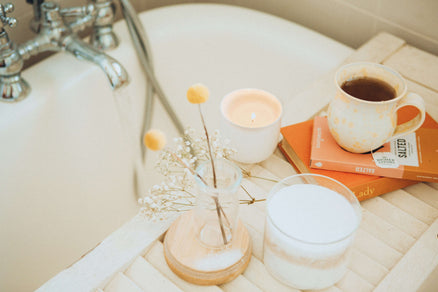
Become a part of our community and be the first to learn all there is to know about Oakwell




